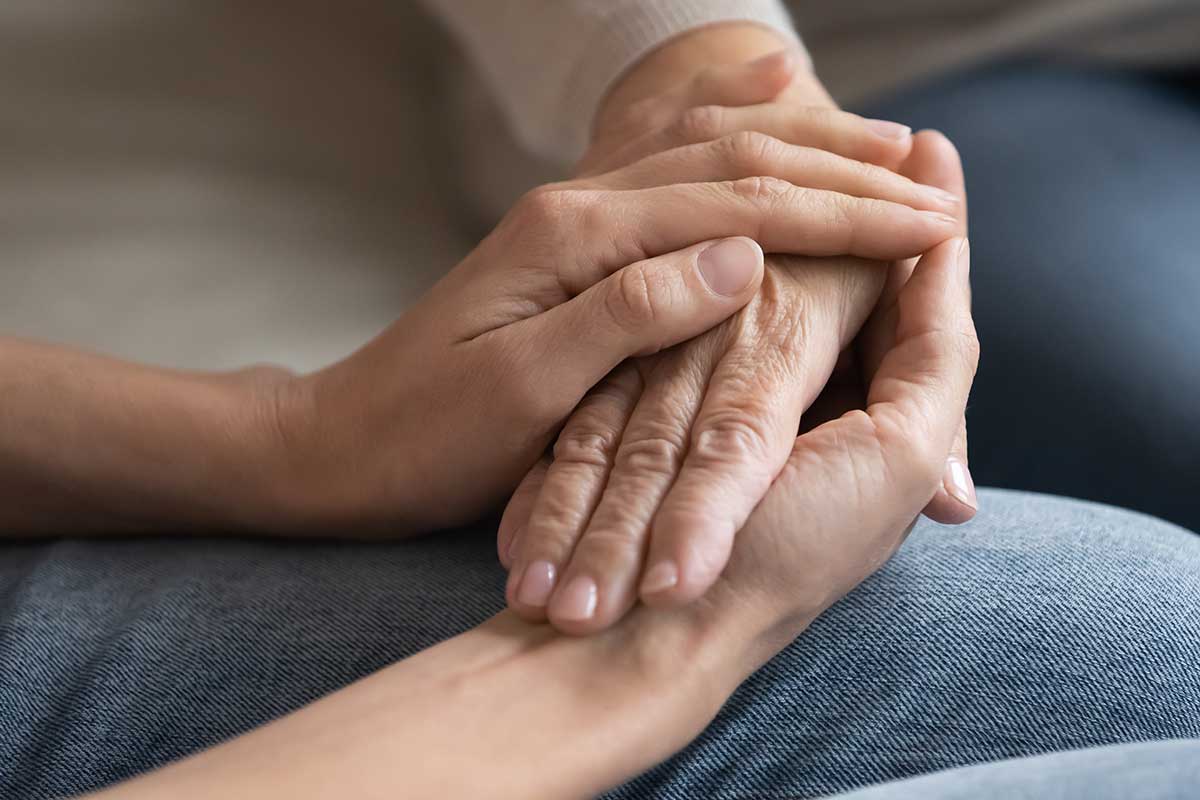March 1st has been designated as Self-Injury Awareness Day around the world. This grassroots event brings awareness to the dangers of self-harm and self-injury and educates people about the signs and symptoms indicating that a loved one may need self-harm treatment at an outpatient or intensive outpatient program. At BrightView, we understand the debilitating challenges people struggle with and how self-injury may serve as an escape. Although not a mental illness in itself, self-injury may be a consequence of an underlying mental health issue. Learn more about how you can find help for yourself or someone you love on Self-Injury Awareness Day by calling 888.501.9865.
How Self-Harm Is Connected to Mental Health
Mental health disorders, addiction, and self-harm often go hand in hand. For example, a person suffering from depression may engage in self-harm as a means of sharing their emotions, feeling where only numbness exists, and alleviating repressed stress and anger. Inflicting harm to themselves may be accomplished through several methods, including:
- Substance abuse
- Cutting
- Scratching
- Bruising
- Pulling out hair
Self-harm is often a symptom of underlying mental health and addiction issues that must be managed with treatment to ensure recovery. If left untreated, self-injury may be life-threatening as individuals continue their destructive behavior more aggressively to achieve the relief they seek, resulting in an addiction to the behavior. The root cause of a person’s inclination to self-injure must be addressed by trained mental health professionals in a treatment and recovery center.
Self-Harm and Addiction Treatment
Self-harm is sometimes referred to as nonsuicidal self-injury disorder. Although patients have no intention of taking their life, they are looking for an outlet for severe emotional pain. Cutting is a very common self-injury method used to release fear, feelings of low self-worth, and sadness. Patients often feel a deep sense of shame or guilt after the dangerous behavior, causing even more emotional trauma and pain. They may turn to substances to alleviate symptoms, only to aggravate their mental health condition. The vicious cycle continues as their substance abuse and the emotions that it brings about encourages more harmful behavior. Drugs and alcohol may also cause a person to unintentionally inflict life-threatening injuries as their reaction times decrease and impulsivity increases. For example, someone who cuts themselves may cut deeper than they intended because they lack the conscious rationale to stop. Find out how self-harm addiction treatment can help you or a loved one overcome the desire to self-injury and start the road to recovery from mental health and addiction challenges by calling 888.501.9865.
Self-Injury Awareness
To find the help required, it is important to note the symptoms of self-injury. Self-harm tendencies must be identified, and the root cause addressed before irreparable damage is done. There is a broad range of warning signs associated with self-injury, including:
- Unexplained injuries
- Impulsivity
- Wearing long-sleeved clothing when not appropriate
- Identity issues
- Avoidance of social interaction
- Knives, blades, or scissors are hidden close by
Recognizing the signs and symptoms of self-injury and making others aware could save someone’s life.
Learn More About Self-Harm Treatment at BrightView
A person who engages in self-injury does not easily stop the destructive behavior on their own. The source of their emotions and negative thoughts needs to be identified so they can learn appropriate coping skills to substitute for their harmful behaviors. The underlying addiction or mental health disorder must be addressed as the first step in treating a self-harm addiction, and help is available. At BrightView, our experienced mental health treatment staff understand how self-harm is used to alleviate symptoms of other mental health disorders. They also know that with the proper guidance and treatment, those who suffer can regain control of their behaviors and lead successful, happy lives in recovery. We offer a broad range of treatment options, including individual, group therapy, and family therapy, in our welcoming and comfortable treatment centers throughout Ohio. If you or someone you love engages in self-injury, reach out today to find the help they need to start on the road to recovery by calling 888.501.9865 or using the online form.
